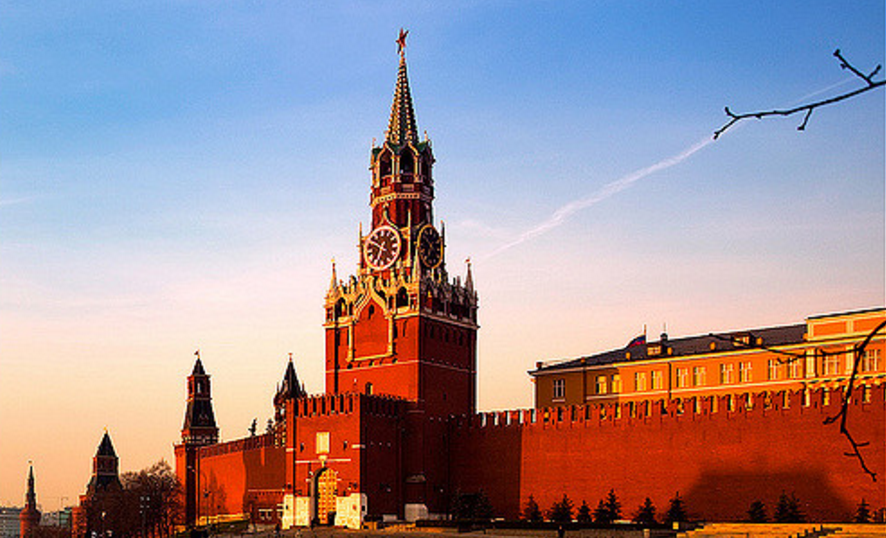Disappointing, yet not surprising: Russia leaves OGP
The recent post by Ivan Pavlov on the decision of the Russian government to ‘postpone’ the process of joining the Open Government Partnership (OGP) leaves some questions to be answered.
Why did the administration decide to effectively withdraw its bid to become a member of the largest international open government framework?
What kind of ‘changes’ to the framework does Open Government Minister Mikhail Abyzov call for?
And how should the partnership react to the proposed changes?
In my eyes, the reasons for this action are quite simple. The open government idea includes the hope for two equally important benefits of openness and accessibility: One is the potential economic growth which may result from the publication of data and information. The second is that access to data and information gives citizens the chance to know and to oversee what their government is doing.
Russia may be fond of the first benefit, yet the second is incompatible with the current political situation in the country.
As the international community is well aware, basic rights like freedom of speech and freedom of assemblyPeaceful assembly — a fundamental human right — is essential to healthy and effective democratic institutions. Technical specifications: Protection of the individual right to peacefully assemble, ... More are not guaranteed or favored by the current administrations. As long as bloggers are threatened and demonstrations are banned because they are viewed ‘as a traffic annoyance’, no meaningful progress on the citizen engagement side of open government may be achieved.
Russia wants the international prestige and economic benefits of open government. However, it is not ready to allow access to data and information that may question government action or even threaten the current political system.
The OGP is well advised to politely ignore the calls for a change of the basic principles of the framework. In order to have a meaningful effect, the partnership should promote and rate openness efforts by member governments, both on the economic and the citizen engagement side. What the Russian government is calling for is a strict limitation of open government to a tool of economic growth. This makes a lot of sense in the eyes of the Russian leadership but it would endanger the entire open government idea. In addition, the reputation of the OGP with civil society activists would be threatened to the degree that those groups would themselves leave the framework. This would mean the end of the partnership. Rather than risking these undesirable effects, member governments and the Steering CommitteeThe Steering Committee is OGP’s executive decision-making body. Its role is to develop, promote and safeguard OGP’s values, principles and interests; establish OGP’s core ideas, policies, and ru... should stand by its principles and leave the participation criteria unchanged.
Image source: The Kremlin Tower on the Red Square in Moscow, by Dmitry Mordolff, via Flickr

